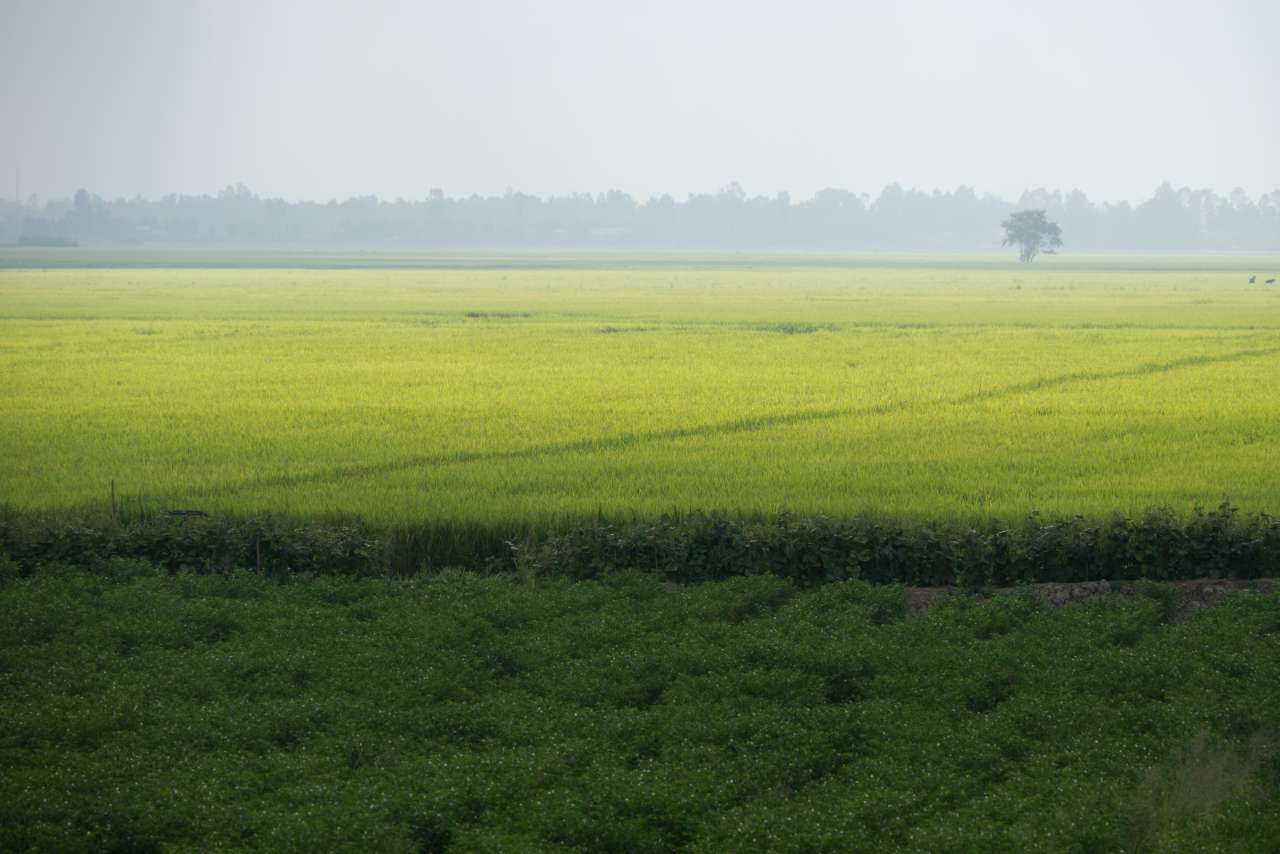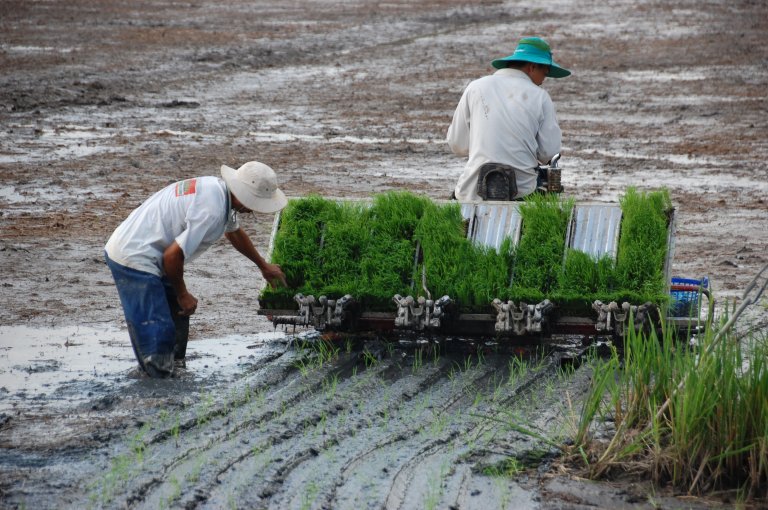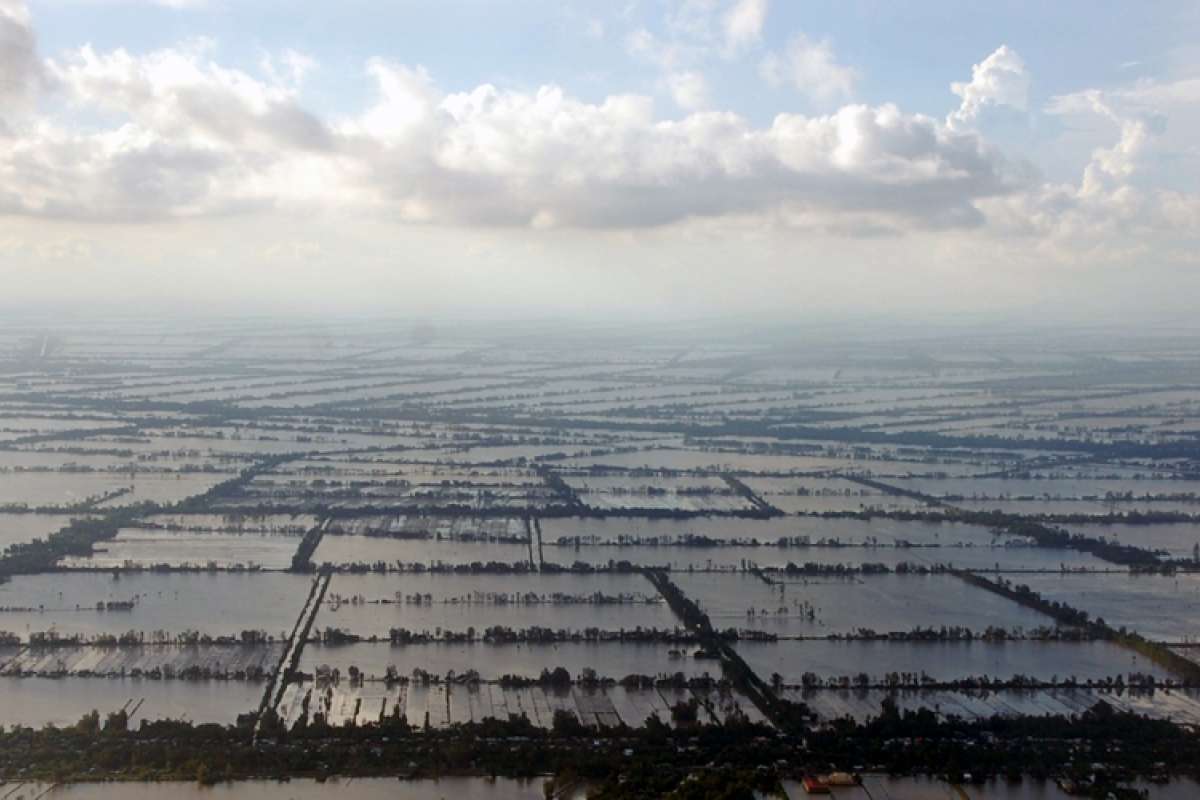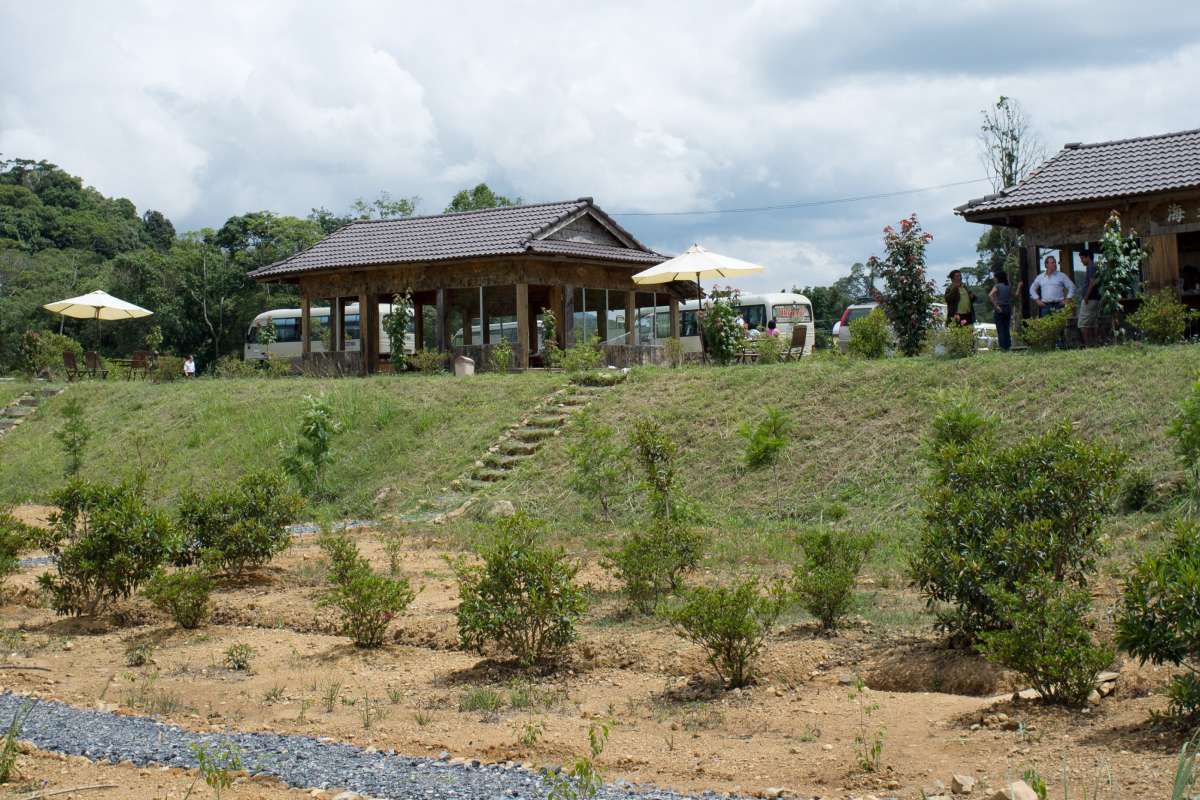Division of Environment and Natural Resources
ClimaViet

End: jun 2016
Start: jul 2013

Partners
Contact: Dr Nguyen Van Bo
| Start - end date | 01.07.2013 - 30.06.2016 |
| Project manager | Sekhar Udaya Nagothu |
| Division | Division of Environment and Natural Resources |
| Department | Hydrology and Water Environment |
| Partners | Vietnam Academy of Agricultural Sciences (VAAS) |
| Funding source | Ministry of Foreign Affairs, Norway |
Interdisciplinary project
The proposed three year interdisciplinary project will focus mainly on the future climate change impacts on rice production in Vietnam. As a first step, the project will review the current studies and programs taken by other donor agencies (eg. FAO, EU, AusAID, etc), share knowledge and establish links with the project groups where needed. The existing climate scenarios will be downscaled and the climate impacts on seasonality in rainfall leading to droughts, and salinity in coastal areas on rice production will be assessed. Potential measures leading to improved rice cropping systems (eg. System of Rice Intensification (SRI), Alternate Wetting and Drying (AWD)), improved nutrient use efficiency, (eg. organic manure and use of microbial fertilizers) will be pilot tested. This will contribute to sustained productivity and mitigate climate change. The project will develop the institutional and policy support required to adopt the potential measures identified and tested in the project. The project will actively involve stakeholders at the provincial and national level (VAAS, MARD, MONRE and other relevant stakeholders).
Three programme areas
The project study will be carried out in three provinces, namely Nam Dinh (in Red River Delta) , Soc Trang (in Mekong River Delta) for saline intrusion problems and Tra Vinh province for drought, where selected measures will be pilot tested for their potential adaptation and mitigation impacts, and their performance validated in cooperation with local agencies and farmers. The tested measures and their complementarity and synergies with the ongoing REDD+ initiatives in Vietnam will be explored, to enable the inclusion of agriculture sector and farming communities in the process of reducing carbon emissions. The project results will support the MARD strategy for agricultural development as well as the ARD Action Plan to Climate Change. The wide network of agricultural and extension agencies located across the country under VAAS will be used for dissemination of project results. The project will use an interdisciplinary approach to address the main concerns in rice production, besides emphasis on stakeholder interaction (farmers, women groups, government authorities, private sector) from the beginning of the project. This is also to ensure strengthening of science-policy linkage in the project.
Goal and objectives
The overall goal of ClimaViet is to develop climate-smart rice farming systems that will improve rice production under changing climate, and help in mitigation of greenhouse gas emissions.
Main programme objectives
- To identify and characterize rice farming systems that are most vulnerable to climate change impacts, with a focus on drought and salinity.
- To identify and pilot test selected climate smart measures that will help in adaptation and mitigation.
- To assess the institutional framework needed for implementing potential adaptation and mitigation measures.
- To actively involve stakeholders, women and farmers in developing climate smart agriculture practices and improve awareness trhough dissemination of results.
- Local specific climate smart rice farming systems.
- Adapatation and mitigation recommendations with alternative cropping systems, soil, fertilizer and irrigation management schedules and suitable rice varieties.
- A manual of best practices of adaptation and mitigation for rice farmers under the projected climate change scenarios.
- Policy guidelines for implementation of potential adaptation and mitigation measures.
- Improved capacity of stakeholders, women and farmers.
- Potential agricultural mitigation measures that will complement the ongoing REDD+ initiatives.
- Science based policy inputs.
- Strengthening the link between science, innovation and capacity building.
- Improved adaptive capacity of the farmers.
- Stronger science-stakeholder-policy linkages.
- Increased awareness among stakeholders on climate change adaptation and mitigation.

Publications in the project
Authors
Mai Van Trinh Mehreteab Tesfai Andrew Borrell Sekhar Udaya Nagothu Thi Phuong Loan Bui Vu Duong Quynh Le Quoc ThanhAbstract
No abstract has been registered
Authors
Van Trinh Mai Van Bo Nguyen Gia Minh Hoang Xuan Dzung Nguyen Sekhar Udaya Nagothu Trond Rafoss Andrew Borrell Huy Hop BuiAbstract
No abstract has been registered
Abstract
No abstract has been registered
Authors
Sekhar Udaya NagothuEditors
Kathrine Torday GuldenAbstract
No abstract has been registered


